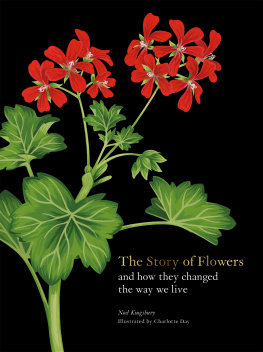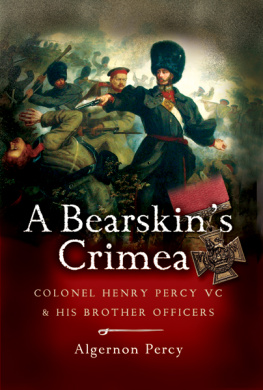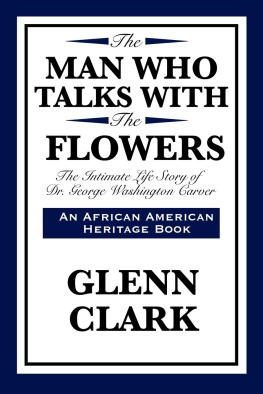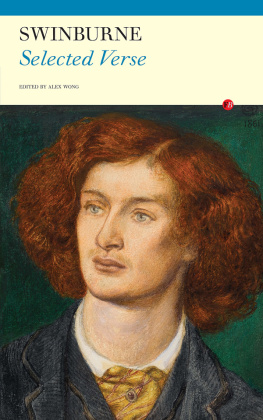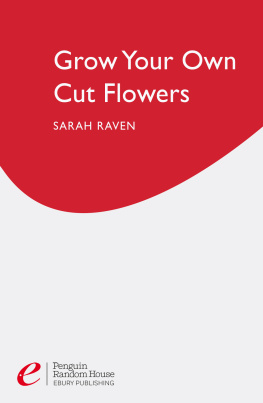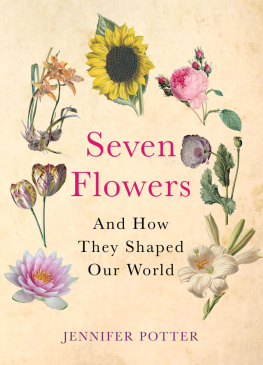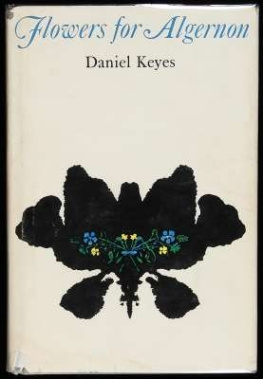Copyright 1999 Houghton Mifflin Harcourt Publishing Company
All rights reserved.
www.hmhco.com
cliffsnotes.com
For information about permission to reproduce selections from this book, write to or to Permissions, Houghton Mifflin Harcourt Publishing Company, 3 Park Avenue, 19th Floor, New York, New York 10016.
The publisher and the author make no representations or warranties with respect to the accuracy or completeness of the contents of this work and specifically disclaim all warranties, including without limitation warranties of fitness for a particular purpose. No warranty may be created or extended by sales or promotional materials. The advice and strategies contained herein may not be suitable for every situation. This work is sold with the understanding that the publisher is not engaged in rendering legal, accounting, or other professional services. If professional assistance is required, the services of a competent professional person should be sought. Neither the publisher nor the author shall be liable for damages arising herefrom. The fact that an organization or website is referred to in this work as a citation and/or a potential source of further information does not mean that the author or the publisher endorses the information the organization or website may provide or recommendations it may make. Further, readers should be aware that Internet websites listed in this work may have changed or disappeared between when this work was written and when it is read.
Trademarks: CliffsNotes, the CliffsNotes logo, Cliffs, cliffsnotes.com, and all related trademarks, logos, and trade dress are trademarks or registered trademarks of Houghton Mifflin Harcourt Publishing Company. All other trademarks are the property of their respective owners. Houghton Mifflin Harcourt is not associated with any product or vendor mentioned in this book.
eISBN 978-0-544-18154-0
v1.1116
Life and Background of the Author
Daniel Keyes was born in Brooklyn, New York, in 1927. He joined the U.S. Maritime Service at the age of 17 and became a ships purser. Upon returning home, he resumed his education at Brooklyn College (now CUNY), where he received his B.A. degree in psychology. Keyes also earned a license to teach English in New York City schools. It was while working as a high school English teacher that he wrote the short story Flowers for Algernon, which was later expanded into a full-length novel.
Keyes returned to Brooklyn College to study English and American literature, successfully earning his M.A. degree. In 1966 he joined the faculty of Ohio University in Athens, Ohio. In 1988, Brooklyn College presented Keyes with the Distinguished Alumnus Medal of Honor. In 2000, he was honored with Professor Emeritus status at Ohio University. Keyes died on June 15, 2014, at his home in Florida.
Daniel Keyes is the author of eight other books: The Touch; The Fifth Sally; The Minds of Billy Milligan; The Milligan Wars: A True Sequel; Unveiling Claudia; Until Death...; Algernon, Charlie and I: A Writers Journey; and The Asylum Prophecies.
Introduction to the Novel
Originally published in 1959 as a short story for The Magazine of Fantasy and Science Fiction, Daniel Keyes Flowers for Algernon won a Hugo Award in 1960 for the Best Science Fiction Novelette of the Year. The story was then telecast on the U.S. Steel Hour in 1961 as The Two Worlds of Charlie Gordon. Keyes reworked the short-story version of Flowers for Algernon into his first full-length novel. The novel version was published in 1966 and won the Nebula Award (the Best Novel of the Year by the Science Fiction Writers of America). Cliff Robertson won an Academy Award for Best Actor in CHARLY, the 1968 movie version of the book. The book was also developed into a dramatic musical called Charlie and Algernon, which has been performed in London, Washington, D.C., and on Broadway.
Flowers for Algernon, written in first person narration through the use of progress reports, brings the reader into the story as it happens. This technique allows the changes that occur in the main character to be apparent on both an internal and external level. Charlie Gordonthe main character and the subject of the experimentis the author of these narratives; the reader views life through Charlies eyes. His evolving syntax and spelling allow the reader to chart Charlies development.
The novel, written in the mid-1960s, primarily takes place in New York City. It uses a vocabulary that today evokes a sense of political incorrectness, which is the only obvious characteristic that dates the book. To define Flowers for Algernon as a piece of science fiction only limits its appeal for many readers who choose not to read that genre. However, the science fiction label is justified because the premise of the story is altering mans intelligence to superhuman proportions through surgical procedures that werent possible when the story was written. Although this definition may not always constitute science fiction, it does so for this novel.
One of the central themes of Flowers for Algernon is the danger and/or impropriety of Man Playing God and reaching too high. Several characters in the book, including Charlie, bring up this theme, which must be included in any analysis of the book. Friendship as it is perceived and given, as well as its importance, is another recurring theme. A third, powerful theme revolves around the role and definition of human intelligence. Charlie was human before he was intelligent; what effect did his intelligence have on his own humanity, his treatment of others, and others treatment of him? Did intelligence make him more or less human in how he related to himself and to other people? Algernon, who underwent the same operation and with whom Charlie felt the most connection, is a mouse. How does Algernon relate to Charlies humanity? Readers should remember these questions as they read the novel and try to answer them.
Flowers for Algernon also touches on the importance of integrating sexuality into ones personal identity, not in the sense of engaging in sexual activity but on the higher level of acknowledging sex as a gift and a power and an expression of ones deepest self. Underlying these themes is the important issue of family values. Having been emotionally abused and abandoned by his mother and father, what now constitutes family to Charlie? Despite his treatment, he retains the desire to please his parents throughout the book. But he also looks at his coworkers in the bakery as family, and he wants to please them, too. His birth family abandons him because he is not smart enough; his surrogate family abandons him because he is too smart. In the end, Charlie ends up in the Warren Homedespite Mr. Donners pledge to keep Charlie out of the facilityto spare everyones feelings. The powerful influence of familyand how family relates to friendshipis present throughout this book.
A Brief Synopsis
Flowers for Algernon is a character study of one man, Charlie Gordon. Charlie is a 32-year-old developmentally disabled man who has the opportunity to undergo a surgical procedure that will dramatically increase his mental capabilities. This procedure had already been performed on a laboratory mouse, Algernon, with remarkable results. Charlie will be the first human subject.
In a series of progress reports, Charlie documents everything that happens to him. As Charlies intelligence increases to a genius level, the reader not only reads about the changes from Charlies viewpoint, but also sees the change evidenced in Charlies writing ability. This jump in intelligence is not necessarily a good thing, however. Charlie is now able to recall past events that shaped his life and analyze past friendships for what they were, or werent. He also has difficulty making new friendships and establishing new relationships due to a lack of social intelligence that the surgery could neither correct nor anticipate. And, finally, because of his increased intelligence, Charlie is able to discover the experiments fatal flaw and is reduced to watching the end for both Algernon and himself, hoping to salvage something for the future from his brief bout with genius.
Next page



